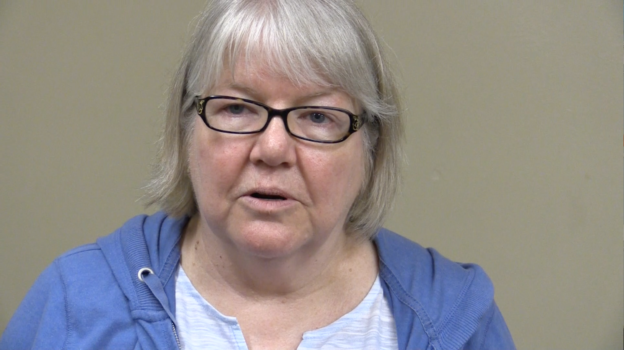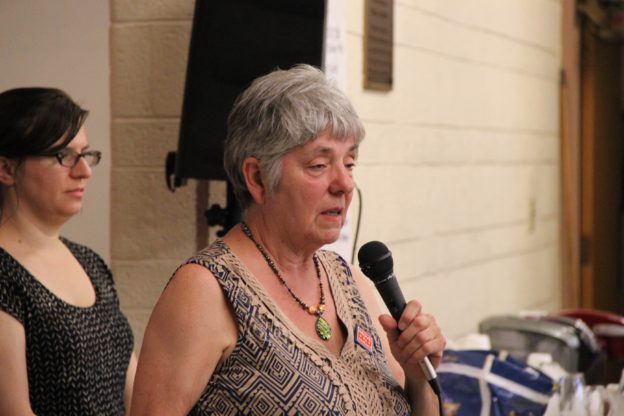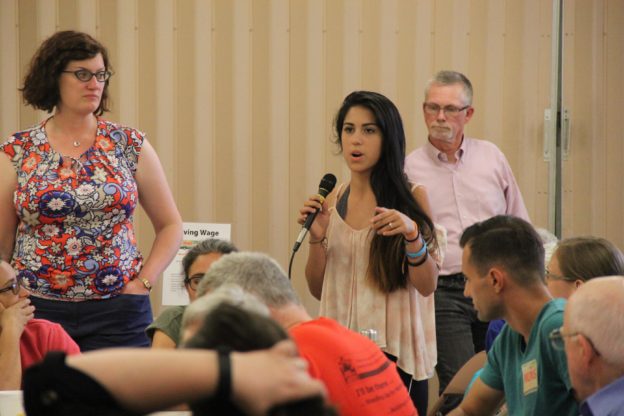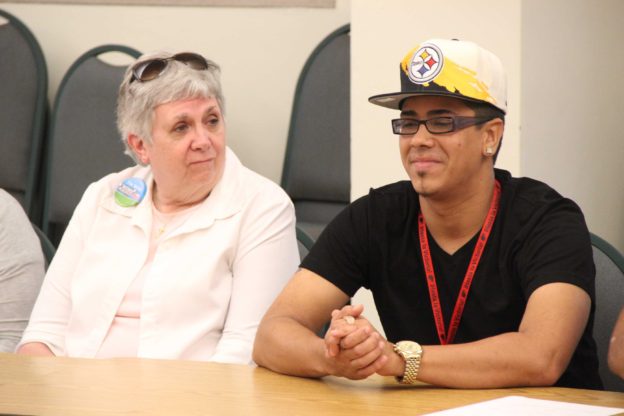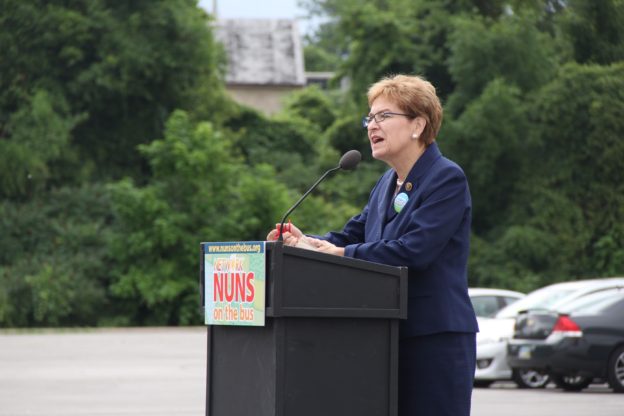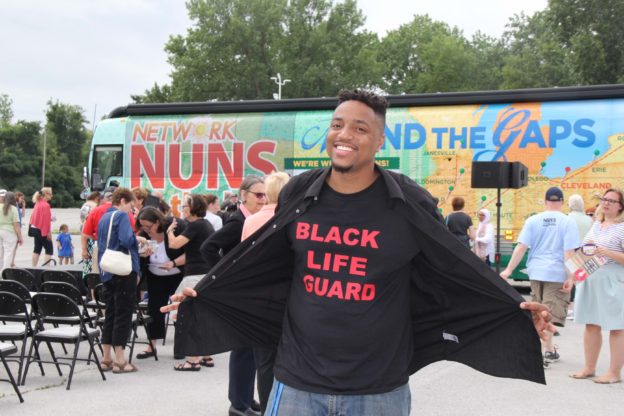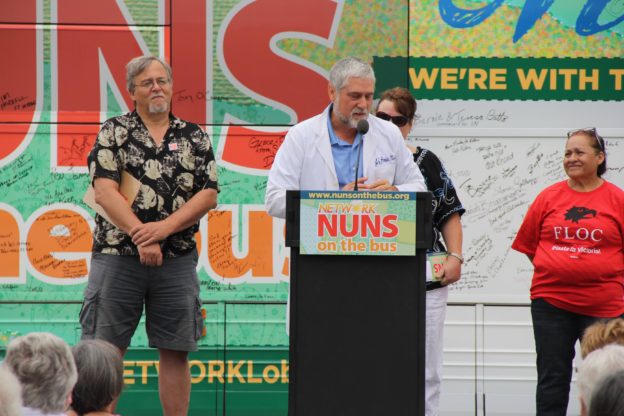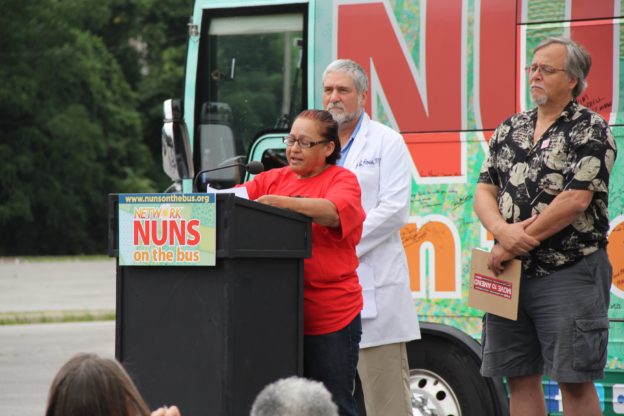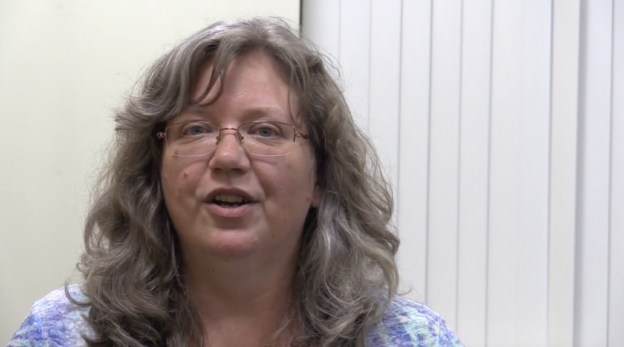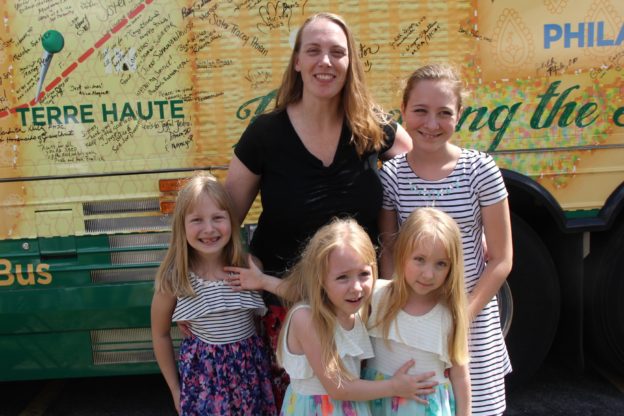Kathy is a temporary worker and she has worked for a large automotive company for ten years- essentially a permanent temporary position. because of her temporary status she has no sick days, she pays for her insurance and benefits for about $400 a month, and has no human resource liaison to talk to about any issues. She notes that if she did have issues she would be labeled “not a good fit for the company” and let go.
She also notes that if anything catastrophic happened to her health she would lose her job and subsequently her benefits because she wouldn’t be able to pay for it.
She calls for the need for sick days and decries the practice of a company utilizing a ten year temporary position.







